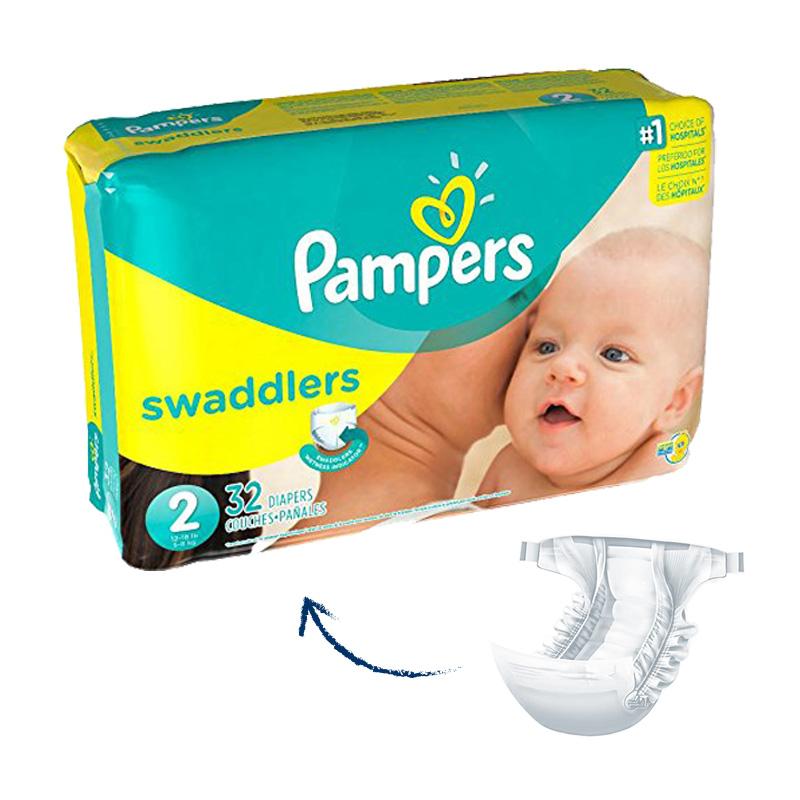Diaper Packaging Bag Design and Functionality

# Diaper Packaging Bag Design and Functionality
## The Importance of Diaper Packaging
Diaper packaging bags play a crucial role in the baby care industry, serving as both protective containers and marketing tools. These specialized bags must balance functionality with visual appeal to meet the needs of both parents and manufacturers.
## Key Design Elements
### 1. Material Selection
Modern diaper packaging bags typically use high-quality plastic films that offer:
– Moisture resistance
– Tear strength
– Lightweight properties
– Environmental considerations (for eco-friendly options)
### 2. Structural Design
Effective diaper bag designs incorporate:
– Resealable closures for multiple uses
– Easy-open features for quick access
– Ergonomic handles for comfortable carrying
– Appropriate sizing to accommodate various diaper counts
## Functional Considerations
### Protection and Preservation
The primary function of diaper packaging is to:
– Maintain product hygiene
– Prevent contamination
– Protect against moisture and environmental factors
– Preserve diaper freshness and quality
### User Convenience Features
Modern packaging solutions include:
– Clear product visibility windows
– Tear notches for easy opening
– Zip-lock mechanisms for resealing
– Portion control indicators
## Marketing and Branding Aspects
### Visual Communication
Packaging serves as a silent salesperson through:
– Bold brand logos and colors
– Clear product information
– Age/size indicators
– Usage instructions
### Sustainability Trends
Growing environmental concerns have led to:
– Biodegradable material options
Keyword: diaper packaging bag
– Reduced plastic usage
– Recyclable packaging solutions
– Eco-conscious branding messages
## Future Innovations
The diaper packaging industry continues to evolve with:
– Smart packaging with tracking capabilities
– Interactive elements for consumer engagement
– Advanced barrier technologies
– Customizable packaging options
Effective diaper packaging bag design requires careful consideration of protection, convenience, and marketing needs while adapting to changing consumer preferences and environmental standards. The perfect balance of these elements creates packaging that satisfies both practical requirements and brand objectives.


